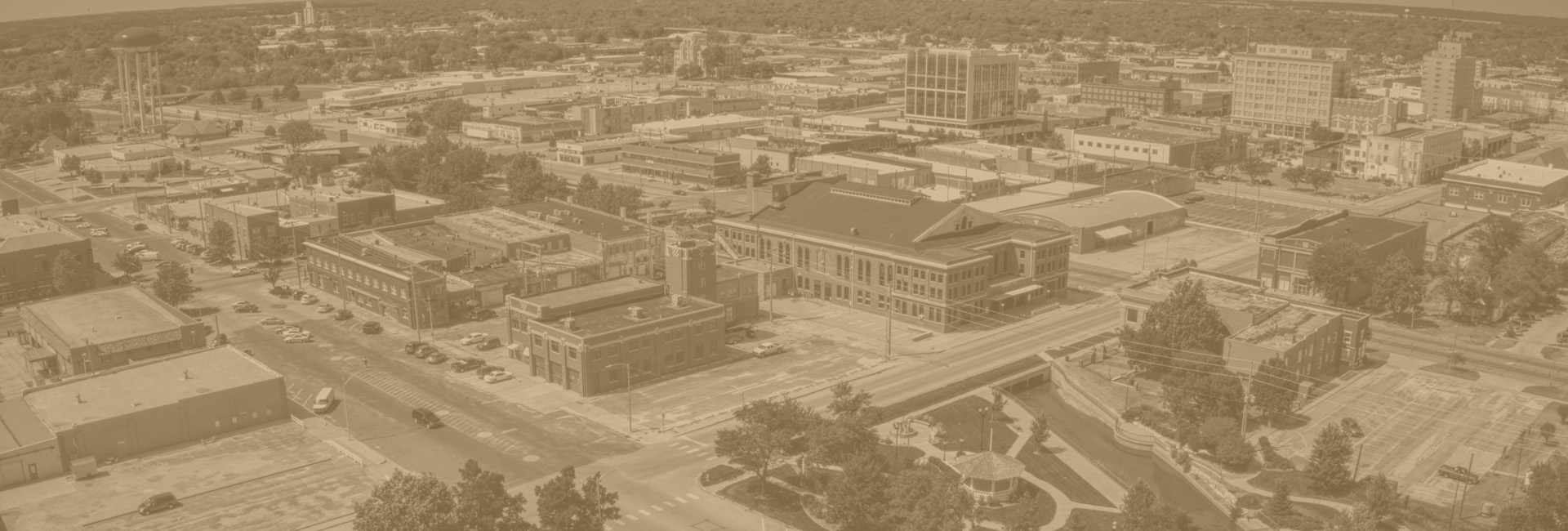The rise of ridesharing services like Uber and Lyft has transformed the landscape of transportation, offering a convenient alternative to traditional taxi services. However, with this convenience comes a unique set of challenges, particularly when accidents occur. Determining fault in Kansas ridesharing accident cases involves navigating a complex web of legal principles that differ significantly from those in typical car accident cases. Understanding these principles is crucial for anyone involved in such an incident, whether as a driver, passenger, or third-party motorist.

The Basics of Ridesharing Liability
Ridesharing companies operate under a distinct business model that impacts liability in the event of an accident. Unlike traditional taxi services, ridesharing drivers use their personal vehicles and typically work as independent contractors rather than employees. This distinction is essential because it influences who can be held liable for damages resulting from an accident. In Kansas, liability in ridesharing accidents can be attributed to the driver, the ridesharing company, or both, depending on the circumstances of the incident.
Insurance Coverage and Its Implications
Insurance coverage is a critical factor in determining fault and liability in ridesharing accidents. Ridesharing companies like Uber and Lyft provide insurance coverage for their drivers, but this coverage varies depending on the driver’s status at the time of the accident. When a driver is logged into the ridesharing app but has not yet accepted a ride request, they are typically covered by a limited liability insurance policy provided by the company. This policy generally includes bodily injury and property damage coverage but may have lower limits than the coverage provided during an active ride.
Once a driver accepts a ride request and is en route to pick up the passenger or is transporting the passenger, the ridesharing company’s insurance policy usually provides more substantial coverage. This policy often includes higher limits for bodily injury and property damage, as well as uninsured/underinsured motorist coverage. If an accident occurs during this period, the ridesharing company’s insurance policy will likely be the primary source of compensation for any damages.
Determining Fault: The Role of Negligence
Negligence is the foundation of most personal injury claims, including those arising from ridesharing accidents. In Kansas, as in many other states, proving negligence requires establishing four key elements: duty of care, breach of duty, causation, and damages. Each party involved in a ridesharing accident may owe a different duty of care, depending on their role in the incident.
Ridesharing drivers owe a duty of care to their passengers, other motorists, and pedestrians to operate their vehicles safely and follow all traffic laws. If a driver fails to meet this duty by engaging in reckless or careless behavior, such as speeding, distracted driving, or driving under the influence, they may be considered negligent. Passengers and third-party motorists can also be held partially responsible if their actions contributed to the accident.
Melinda is an asset to the city of Hutchinson and its legal community. I know she treats her clients with compassion and professionalism. It's a privilege to provide her an endorsement.
Ethan
![]()
Nicholas
![]()
Gabriel
![]()
Comparative Fault in Kansas
Kansas follows a comparative fault system, which means that fault can be distributed among multiple parties involved in an accident. Under this system, each party’s degree of fault is determined, and their compensation is adjusted accordingly. For example, if a ridesharing driver is found to be 70 percent at fault for an accident and the passenger is found to be 30 percent at fault, the passenger’s compensation will be reduced by their percentage of fault.
This system allows for a fairer distribution of liability and ensures that each party is held accountable for their actions. However, it also means that determining fault in ridesharing accidents can be more complex, as it requires a thorough investigation and analysis of the incident.
Evidence and Documentation
Gathering evidence is a crucial step in establishing fault in a ridesharing accident case. This evidence can include police reports, witness statements, photographs of the accident scene and vehicle damage, and any available video footage from traffic cameras or dashcams. Additionally, data from the ridesharing app, such as the driver’s status at the time of the accident and their trip history, can provide valuable information.
Medical records documenting any injuries sustained in the accident are also essential for proving damages. These records should include detailed information about the nature and extent of the injuries, as well as any ongoing treatment or rehabilitation required. Obtaining this evidence as soon as possible after the accident can significantly strengthen a claim — and help ensure a favorable outcome.
The Role of Legal Representation
Navigating the complexities of a ridesharing accident case can be challenging without the guidance of a knowledgeable attorney. An experienced lawyer can help gather and analyze evidence, negotiate with insurance companies, and represent the injured party in court if necessary. Legal representation is particularly important in ridesharing accident cases due to the unique legal principles involved and the potential for multiple parties to share fault.
An attorney can also assist in understanding the specific laws and regulations governing ridesharing services in Kansas. These laws may include requirements for insurance coverage, background checks for drivers, and safety standards for vehicles. Ensuring compliance with these regulations can be critical in establishing liability and securing compensation for damages.
Common Mistakes in a Personal Injury Claim Choosing a Car Accident AttorneyRelated Videos
Challenges in Ridesharing Accident Claims
Several challenges can arise in ridesharing accident claims, complicating the process of determining fault and securing compensation. One common issue is the classification of ridesharing drivers as independent contractors rather than employees. This classification can limit the ridesharing company’s liability and make it more difficult to hold the company accountable for the actions of its drivers.
Another challenge is dealing with multiple insurance policies. In some cases, both the ridesharing company’s insurance policy and the driver’s personal insurance policy may be involved in the claim. Coordinating between these policies and ensuring that all available coverage is utilized can be a complex task requiring legal experience.
Additionally, the rapidly evolving nature of ridesharing technology and services can create legal ambiguities. As new features and services are introduced, the laws and regulations governing ridesharing may not keep pace, leading to uncertainties in liability and coverage. Staying informed about these changes and understanding their implications is crucial for anyone involved in a ridesharing accident case.
Pursuing Compensation for Damages
Victims of ridesharing accidents in Kansas may be entitled to compensation for a variety of damages, including medical expenses, lost wages, property damage, and pain and suffering. The process of pursuing compensation typically involves filing a claim with the appropriate insurance companies and negotiating a settlement. If a fair settlement cannot be reached, it may be necessary to file a lawsuit and pursue the case in court.
An attorney can play a vital role in this process, advocating on behalf of the injured party and ensuring that their rights are protected. This advocacy may include negotiating with insurance adjusters, presenting evidence and arguments in court, and working to achieve the best possible outcome for the client. The goal is to secure full and fair compensation for the damages suffered as a result of the accident.
Take Your First Step Towards Justice Contact Us Today
Ridesharing accidents present unique legal challenges that require a thorough understanding of the relevant principles and regulations. Determining fault in these cases involves a careful analysis of negligence, insurance coverage, and evidence. Victims of ridesharing accidents in Kansas must navigate a complex landscape to secure the compensation they deserve.
If you or a loved one has been involved in a ridesharing accident, it is crucial to seek legal assistance to protect your rights and ensure that you receive the compensation you are entitled to. At Melinda Young Law Firm, we are dedicated to providing the support and representation you need during this challenging time. Our experienced legal team is here to guide you through the process, from gathering evidence to negotiating with insurance companies and representing you in court if necessary. Contact us today to schedule a consultation and take the first step toward achieving a fair resolution for your ridesharing accident case.

